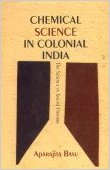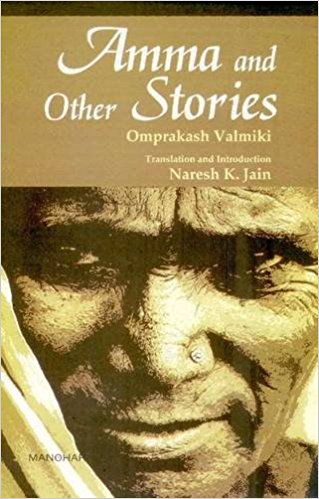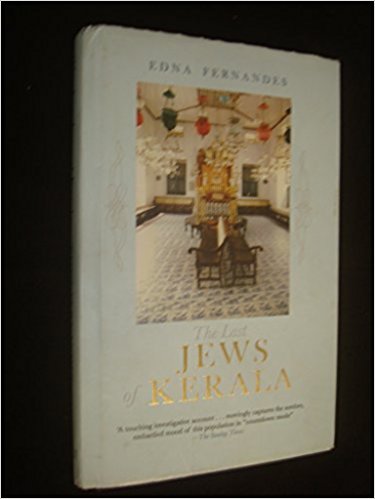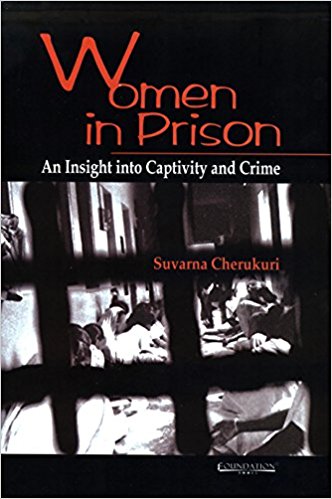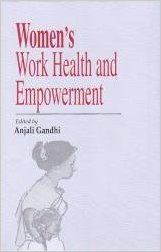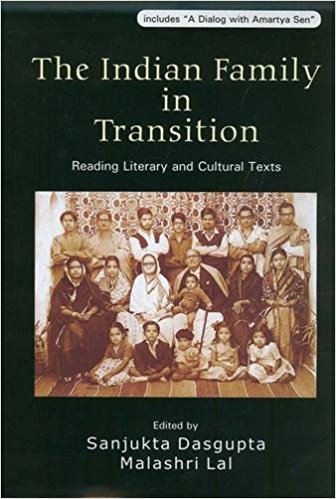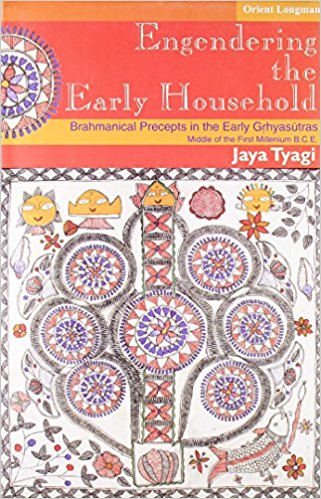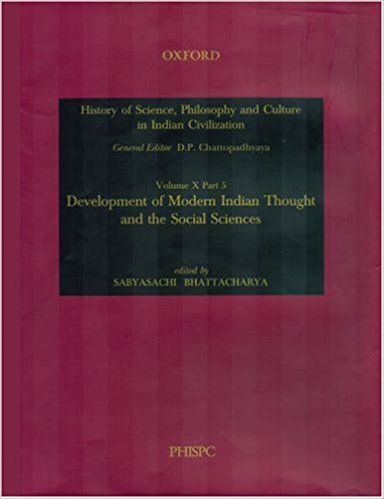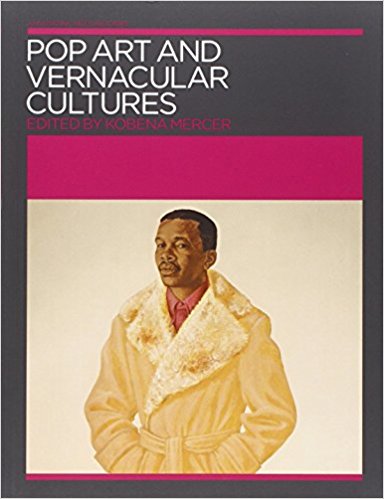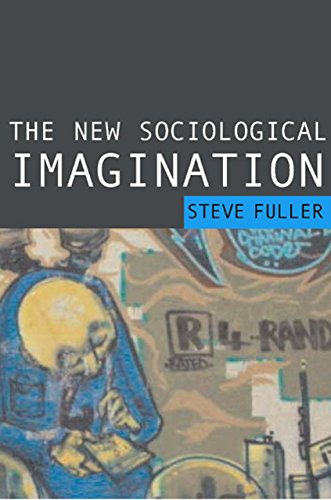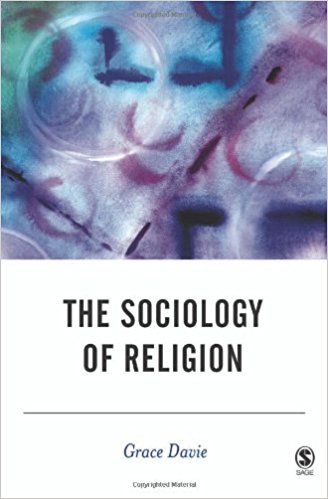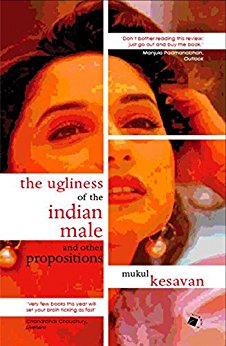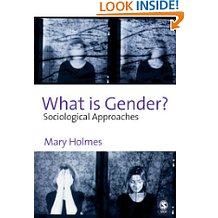Thich Nhat Hahn, a Buddhist Zen master of Vietnamese origin, is a human rights activist and a renowned organizer of retreats on the art of mindful living. Thây (‘teacher’), as he is generally known to his followers, also pioneered the concept of ‘engaged’ Buddhism during the Vietnam War when he gave a call to interlink meditation practices and social activism.
Archives
April 2009 . VOLUME 33, NUMBER 4The book, a narrative of the growth of chemical sciences during the colonial period, is authored by a trained analytical chemist whose work presents an insider’s view on the subject.
Third Frame: Literature, Culture and Society, a new quarterly journal seeks, according to its editors, to provide a platform for ‘voices and concerns from developing societies’.
The knowledge of the universe in the social sciences can be divided into two exclusive spheres—normative and creative. Both provide an understanding of the history, economy, culture and politics of existing societies.
Poetry, lest it should sublimate into a rarefied expression beyond the possibilities of participation, needs to be recovered from the excesses of soulful profundities. If the ‘novel’ de-escalates the epic imagination, poetry in its march in the domain of the secular, too peels off the sedimentations of sublimity.
Edna Fernandes, a British Indian journalist, has written about the Kerala Jews ‘charting their rise and fall, from their heyday to a decline in the twentieth century and the twenty-first century denouement’.
Fieldwork in a ‘total institution’ is perhaps among the most challenging sites for ethnographic exploration and Suvarna Cherukuri’s attempt to represent the lives of women in a prison in India, is commendable for taking up this challenge.
This collection of 17 articles (including the introduction) is a must read for feminists, law reformers, lawyers and judges. It compiles a range of perspectives on the social and juridical frameworks of rape in complex and yet accessible ways.
This book is an outcome of a seminar on the National Policy for Empowerment of Women, organized by the Sarojini Naidu Centre for Women Studies and the Department of Social Work, Jamia Millia Islamia, Delhi. It comprises twelve essays which are organized around four broad themes of women’s empowerment, women’s work, religion and health.
Wandana Sonalkar’s timely and elegant translation of Urmila Pawar and Meenakshi Moon’s account of the Ambedkar movement and its key women activists, Amhihi Itihas Ghadavila—first published by Stree Uvac in Marathi in 1989—extends the frame of a masculinist dalit history which is typically narrated as ‘history before and after Ambedkar’.
Kerala has, since the 1970s, assumed an undisputed position for being a ‘model’ of Third World development. The pillars of this model are a well-rehearsed litany—favourable sex ratios, high literacy, high life expectancy, low child mortality, and, yes, . . . low fertility. Till the 1970s,
This book under review draws upon a wealth of talent to throw light on an institution that even as it is familiar remains been little examined. This book explores literary and cultural representations of the Indian family to examine the evolution of the Indian family from ancient times, through the colonial period to the present.
In the brahmanical patriarchal scheme, the husband is the harbinger of brahmanical patriarchal ideology; an ally; one who puts into practice the patriarchal formulations of the texts in the actual laboratory of human experience—the grha.
The aim of the book is to explicate the moorings and development of social, economic and political thought prior to the institutionalization of social science disciplines at universities in India.
The defining moment of Pop art is in the 1960s, the materials in question for analyses are film, television, magazines, billboard advertising. These question the elitism and insularity of modern art.
In this contribution to Indian Cultural Studies Pramod Nayar focuses on those intersections of ‘high’ and ‘low’ culture where the hegemony of one kind of public culture is established; an aspect that has informed the contours of cultural identity since Independence. Strategies of exclusion and inclusion ensure that paradoxically both ‘high’ (museum) and ‘popular/mass’ (conventional cinema, comic book) culture are in fact working towards maintaining the status quo and the idea of a pan-Indian identity.
The New Sociological Imagination argues that there are two trends which pose a serious challenge to 21st century sociology. One pertains to the role of social sciences in society, the other to the biological challenges to social sciences in an academia where it is no longer out of the ordinary to privilege nature over nurture.
This book on Quantitative Social Research Methods, as stated by the author in the preface, is a modest attempt by a development practitioner to examine the application of social research methods in the development sector.
2009
Risk has come to dominate individual and collective consciousness in the twenty-first century. Although global insecurity has been created by terrorism, pollution, global epidemics, and famine risks involved in aspects of everyday life such as food, sunlight and travel have become major preoccupations.
This anthology, a tribute to the life and work of Eleanor Zelliot, compiles the issues, topics and works closely associated with her. Zelliot virtually pioneered studies on anguish among dalits and changed the very paradigm of such studies.
Anyone who has ventured to study, understand and examine the struggle of the Mahars of Maharashtra for a better life and status could never do so without reading Zelliot.
The book under review promises to propel a host of questions related to religion, society and self. These questions have acquired new forms, proportions and meanings at a chaotic time.
The Ugliness of the Indian Male is an uneven collection of assorted essays—journalistic and academic—written by Mukul Kesavan from time to time. A trained historian, an avid reader, cinema and cricket connoisseur and political commentator, Mukul Kesavan’s essays bear an imprint of his varied interest.
This thin volume entitled What is Gender?, an introductory textbook on the sociological approaches’ to gender, provides a competent and comprehensive overview by organizing issues involved into a neat analytical frame.
Roughly 2500 years ago, there lived a man called Socrates, who maintained that a life not examined was a life not worth living. Tragically, for that very reason, he was put to death by being forced by the Athenian state to drink hemlock. Closer home, in the first seventy-odd years of the twentieth century, lived a Socratic figure, called Periyar E.V. Ramaswami, who suffered a fate worse than state-sponsored murder.


